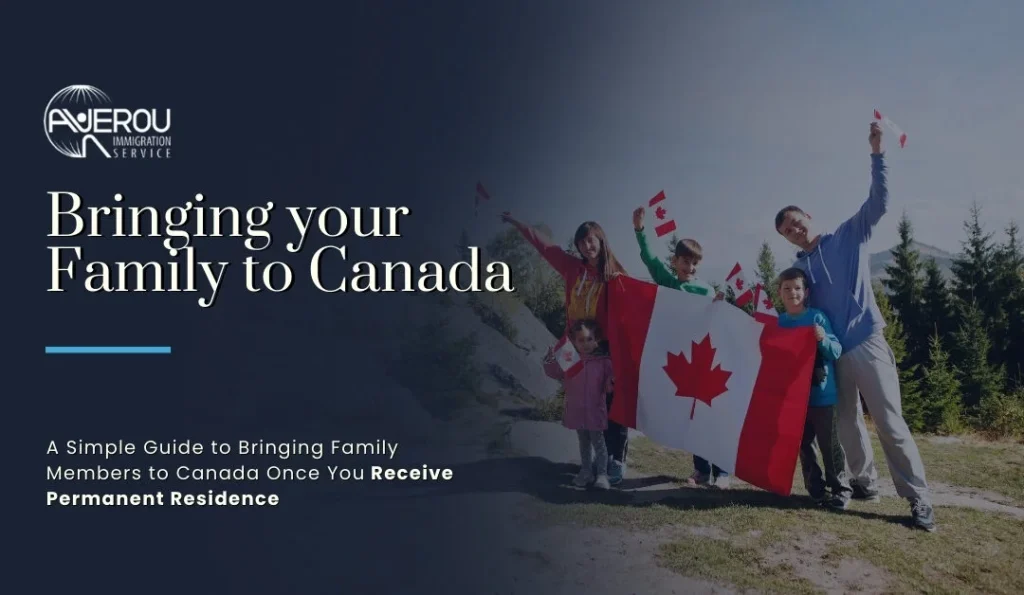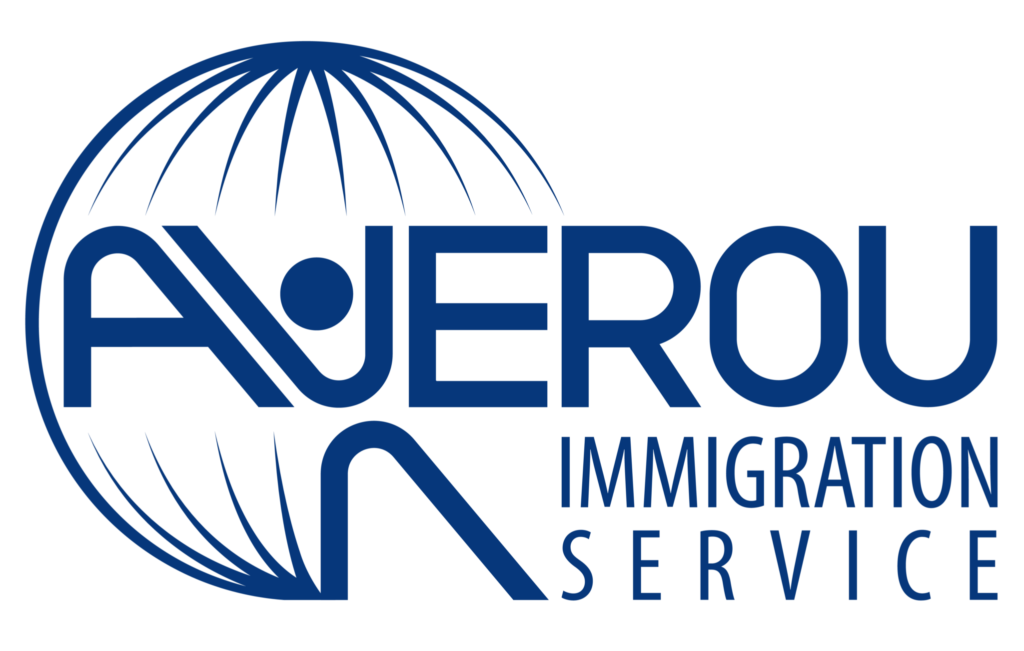A Simple Guide to Bringing Family Members to Canada Once You Receive Permanent Residence

Introduction
If you’ve recently received permanent residence in Canada, you might be wondering which family members can join you in your new life. This guide will help you understand who can come with you, providing a step-by-step approach to ensure your family reunification process is smooth and stress-free.
Step 1: Understanding Eligible Family Members
Canada’s immigration laws are generous when it comes to bringing family members to join you as a permanent resident. Here’s a breakdown of who qualifies:
- Spouse or Common-law Partner: Legally married or living together for at least one year.
- Dependent Children: Biological or adopted children under the age of 22 who are unmarried.
- Other Dependents: Children over 22 who depend on you due to a physical or mental condition.
Step 2: Gathering the Required Documents
Before applying, make sure you have all the necessary documents ready:
- Proof of Relationship: Marriage certificate, birth certificate, or adoption papers.
- Proof of Dependency (if applicable): Medical records or other documentation supporting dependency.
- Passport Copies: Valid passports for each family member.
- Police Clearance: For family members over 18.
- Medical Examination Results: To confirm health status.
Step 3: Filling Out the Application Forms
Canada’s immigration process requires a series of forms that you need to fill out accurately:
- IMM 0008 (Generic Application Form): For principal applicant details.
- IMM 5669 (Background/Declaration): To declare personal history.
- IMM 5406 (Additional Family Information): Details of your immediate family.
- IMM 5562 (Travel History): For travel outside your country of origin.
- IMM 1344 (Sponsorship Agreement and Undertaking): To confirm your support.
Step 4: Paying the Fees
Once the forms are complete, pay the required processing fees:
— Spouse, partner or children (Abroad)
- Sponsor your spouse or partner: Sponsorship fee ($85), principal applicant processing fee ($545), and right of permanent residence fee ($575). Total: ($1,205)
- Sponsor your spouse or partner without right of permanent residence fee: Sponsorship fee ($85) and principal applicant processing fee ($545). Total: ($630)
- Include any dependent child on an application with your spouse or partner: ($175 per child). Total: ($175 per child)
- Independently sponsor a dependent child: Sponsorship fee ($85) and processing fee ($85). Total: ($170 per child)
— Spouse, partner or children (In Canada)
- Sponsor your spouse or partner: Sponsorship fee ($85), principal applicant processing fee ($545), and right of permanent residence fee ($575). Total: ($1,205)
- Sponsor your spouse or partner without right of permanent residence fee: Sponsorship fee ($85) and principal applicant processing fee ($545). Total: ($630)
- Include any dependent child on an application with your spouse or partner: ($175 per child). Total: ($175 per child)
Step 5: Submitting the Application
Double-check all the forms and documents for accuracy before submitting them. Send your complete application package to the address provided by Immigration, Refugees, and Citizenship Canada (IRCC).
Step 6: Waiting for Processing
While your application is being processed, keep an eye on your email or mail for any requests from IRCC. Processing times may vary, but most family sponsorship applications take 12 months.
Step 7: Final Steps Before Arrival
Once your family members receive their Confirmation of Permanent Residence (COPR):
- Travel Arrangements: Book flights to Canada.
- Settlement Planning: Arrange accommodation, employment, and schooling.
Step 8: Arriving in Canada
When your family members land in Canada, they will need to present their passports and COPR to a border services officer. After a quick verification process, they will officially become permanent residents.
Step 9: Need Help Bringing Your Family to Canada?
Averou Immigration can help you navigate the sponsorship process with ease! Our experienced team will handle all the paperwork, so you can focus on welcoming your family to their new home.
